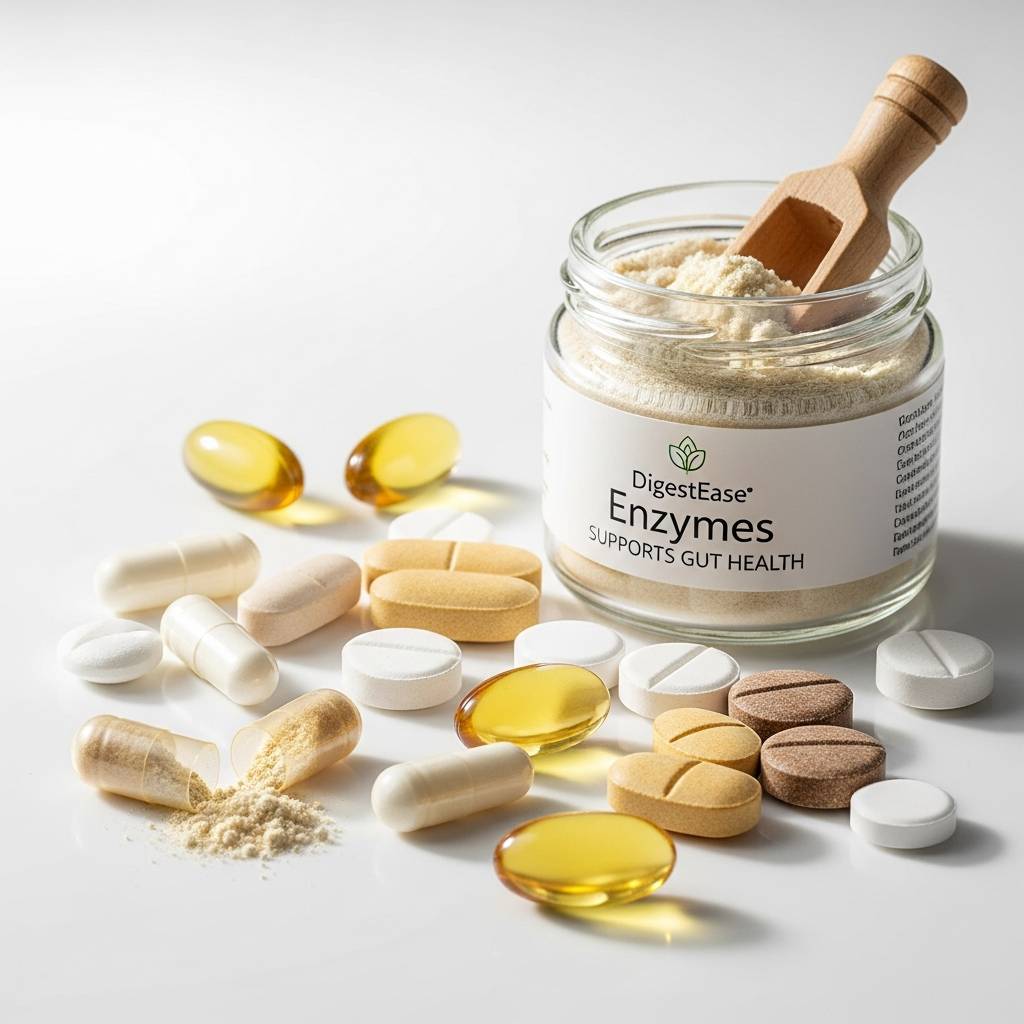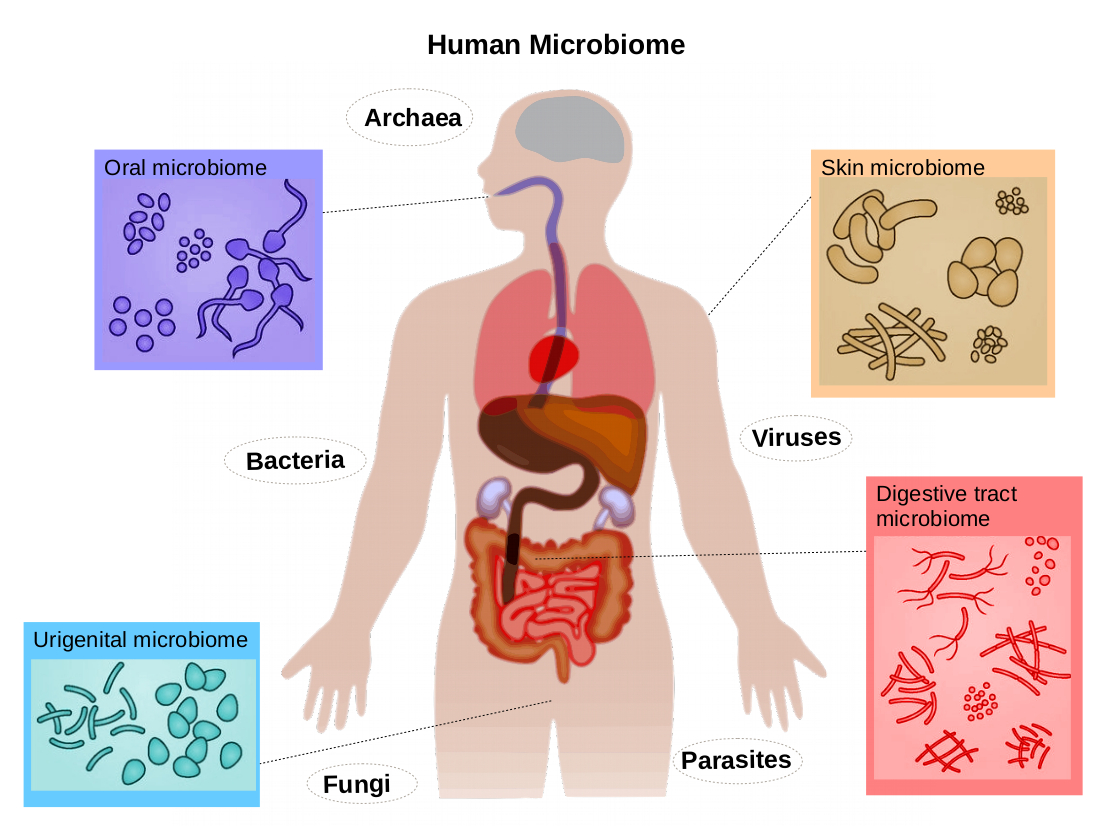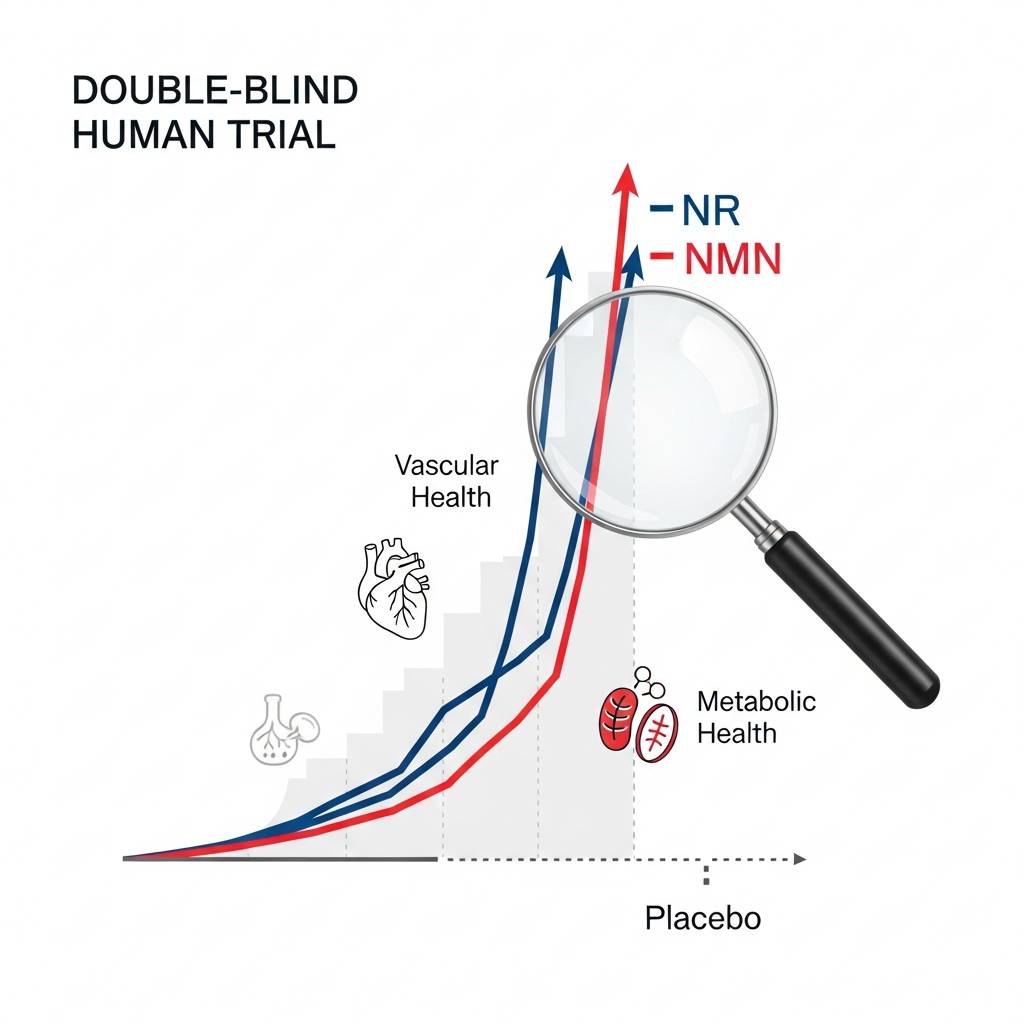Concerns about health and dietary choices are more prevalent than ever. Collagen supplements have captured widespread attention, celebrated for their potential benefits spanning skin elasticity, joint mobility, and even digestive health. Yet, as with any popular health product, questions often emerge, sometimes fueled by general health anxiety or misinformation. Among the most serious of these inquiries is whether collagen supplements cause cancer.
Let's address this critical question directly, relying on robust scientific understanding rather than speculation. Based on the comprehensive body of current research, there is no scientific evidence to suggest that consuming collagen supplements directly causes or increases the risk of cancer.
This article will delve into the biological essence of collagen, explore the origins of this particular cancer concern, present the prevailing scientific consensus, and emphasize crucial safety considerations for any supplement use.
What is Collagen? A Deep Dive into Your Body's Scaffolding
Collagen represents the most abundant protein in the human body, serving as the primary structural component of connective tissues. Imagine it as the fundamental scaffolding that provides strength, elasticity, and structure to your skin, bones, tendons, ligaments, cartilage, and even parts of your gut lining and blood vessels. Its unique triple-helix structure gives tissues their remarkable tensile strength.
Collagen supplements typically contain hydrolyzed collagen, also widely known as collagen peptides. This designation means the large, complex collagen protein molecules, which are difficult for the body to absorb whole, have undergone a process called hydrolysis. This enzymatic process breaks them down into much smaller, more digestible chains of amino acids and small peptides (short chains of amino acids). The molecular weight of these peptides is crucial, as smaller peptides are more readily absorbed into the bloodstream.
-
Types of Collagen: Over 28 types of collagen exist within the body, each with specific functions and locations.
-
Type I: Most abundant, found in skin, tendons, bones, and ligaments. (Often sourced from bovine hides or marine fish).
-
Type II: Primarily found in cartilage, crucial for joint health. (Often sourced from chicken sternum).
-
Type III: Common in skin, muscles, and blood vessels, often found alongside Type I. (Often sourced from bovine or marine). Most collagen supplements on the market are Type I, II, or III, or a blend, reflecting these primary sources.
-
When you consume these hydrolyzed peptides, your digestive system further breaks them down into individual amino acids or very short peptide chains. Your body then absorbs these fundamental building blocks and utilizes them in its vast "amino acid pool" to synthesize its own proteins, including new collagen, repair tissues, or fulfill other metabolic needs, just like amino acids derived from any other dietary protein source (e.g., chicken, fish, eggs, legumes).
Understanding the Roots of the Cancer Concern
The question of whether collagen supplements might cause cancer, while lacking scientific basis, often arises from a few common areas of misunderstanding or anxiety regarding diet and disease:
-
Misconceptions about Protein and Cancer Risk. General discussions around diet and cancer sometimes touch on high protein intake. Critically, research linking certain types of dietary protein to increased cancer risk primarily focuses on patterns of high consumption of red and processed meats. This concern is often attributed to factors like:
-
Heme Iron: Found abundantly in red meat, which can promote the formation of harmful N-nitroso compounds in the gut.
-
Cooking Methods: High-temperature cooking of meats can create carcinogenic compounds like heterocyclic amines (HCAs) and polycyclic aromatic hydrocarbons (PAHs). Collagen supplements, by contrast, are purified protein peptides. They do not contain heme iron, are not typically subjected to high-temperature cooking processes before consumption, and represent a very different biochemical profile from processed red meat. The scientific evidence for the risks associated with these meats does not extend to purified protein peptides.
-
-
The "Feeds Cancer" Myth. A pervasive, yet inaccurate, belief suggests that consuming certain nutrients might "feed" or accelerate cancer growth. Cancer cells, however, are highly aggressive and opportunistic. They consume all available nutrients—glucose, amino acids, fats—to fuel their uncontrolled proliferation. There's no scientific basis to suggest that amino acids derived specifically from collagen peptides preferentially fuel cancer growth more than amino acids from any other protein source. The idea that avoiding a specific healthy nutrient would "starve" cancer is a dangerous oversimplification.
-
Generalized Supplement Anxiety and Regulation. The vast supplement industry can feel overwhelming, and consumers might be wary due to varying regulatory oversight (e.g., the U.S. FDA regulates supplements differently from pharmaceuticals). This general anxiety can lead to unfounded fears about "unnatural" ingredients or hidden dangers. However, collagen peptides are derived from natural sources and undergo a specific, controlled process to make them bioavailable.
-
Confusion with the Tumor Microenvironment (TME). This is a nuanced area of cancer biology that can easily be misinterpreted. Researchers do indeed investigate the role of collagen that already exists within the body's tissues—particularly in the complex tumor microenvironment (TME)—and how it can influence cancer progression, metastasis (spread), and drug resistance. For instance, increased stiffness from collagen deposition around a tumor can sometimes promote its growth or make it harder for therapies to penetrate. This is about the body's own collagen interacting with existing cancer cells, not about ingested collagen supplements causing healthy cells to become cancerous. Dietary collagen is broken down and used as building blocks, not directly incorporated as structural components into a TME.
The Unwavering Scientific Consensus: No Causal Link
The current, comprehensive body of scientific evidence overwhelmingly supports the conclusion that consuming collagen supplements does not cause or increase the risk of developing cancer.
-
Metabolic Pathways. When collagen peptides are ingested, they are digested into their constituent amino acids and small peptides. These are absorbed into the bloodstream and enter the body's general amino acid pool. The body then uses these fundamental building blocks for various protein synthesis needs—from making new muscle tissue and repairing skin to synthesizing enzymes and hormones. There is no unique metabolic pathway or "instruction" carried by collagen-derived amino acids that would specifically trigger or promote carcinogenesis (the process of cancer formation). Your body doesn't recognize them as "collagen amino acids" once they're absorbed; they are simply amino acids.
-
Human Clinical Trials. Numerous human clinical trials have investigated the effects of collagen peptide supplementation, primarily focusing on benefits for skin health (e.g., hydration, elasticity, reduction of wrinkles) and joint health (e.g., pain reduction, improved function in conditions like osteoarthritis). These studies, often spanning several weeks to months, consistently report that collagen peptides are well-tolerated by participants with a low incidence of adverse effects. Crucially, none of these extensive trials, nor long-term observational data, have identified any signal or increased risk of cancer associated with collagen supplement consumption.
-
Regulatory Body Oversight. Major health and food safety organizations globally, such as the U.S. Food and Drug Administration (FDA) and the European Food Safety Authority (EFSA), generally regard hydrolyzed collagen as safe for consumption when manufactured under appropriate conditions. Their assessments do not indicate a link to cancer.
Established Cancer Risk Factors: Where to Focus Your Attention
While concerns about collagen supplements causing cancer are unfounded, it's crucial to redirect focus towards the well-established and scientifically validated risk factors for cancer. Addressing these factors offers genuine avenues for prevention and risk reduction:
-
Tobacco Use: Remains the single largest preventable cause of cancer and cancer deaths globally.
-
Excessive Alcohol Consumption: A significant risk factor for several types of cancer, including those of the mouth, throat, esophagus, liver, and breast.
-
Obesity and Overweight: Excess body fat contributes to chronic inflammation and altered hormone levels, increasing the risk for at least 13 types of cancer, including colon, breast (post-menopause), and kidney cancers.
-
Unhealthy Diet: Diets high in processed foods, excessive red and processed meats, saturated fats, and low in fiber, fruits, vegetables, and whole grains are linked to increased cancer risk.
-
Physical Inactivity: A sedentary lifestyle is independently associated with higher risks of various cancers, including colon, breast, and endometrial cancers.
-
Excessive Ultraviolet (UV) Radiation Exposure: Primarily from sunlight and artificial sources like tanning beds, leading to skin cancers.
-
Certain Infections: Chronic infections from viruses (e.g., Human Papillomavirus HPV, Hepatitis B and C) and bacteria (e.g., Helicobacter pylori) can significantly increase cancer risk.
-
Genetics and Family History: While not modifiable, a strong family history of certain cancers can indicate an elevated personal risk.
-
Environmental Carcinogens: Exposure to certain chemicals, pollutants, and occupational hazards.
Prioritizing a healthy, balanced lifestyle that addresses these established risk factors is the most impactful strategy for cancer prevention, far outweighing any unfounded concerns about collagen supplements.
Beyond Cancer: Essential Safety and Purity Considerations for Supplements
While the evidence clearly indicates collagen supplements do not cause cancer, responsible consumption of any dietary supplement necessitates attention to broader safety and quality aspects. This due diligence ensures you're investing in a product that is pure, potent, and free from undesirable contaminants:
-
Source and Potential Contaminants: Collagen supplements are sourced from animal tissues. The quality of the raw materials and the manufacturing process are paramount. Poorly sourced collagen could theoretically contain heavy metals (like lead, mercury, arsenic, cadmium) or other environmental toxins. Always opt for products from reputable brands that are transparent about their sourcing and, ideally, provide evidence of third-party testing.
-
Third-Party Testing and Certifications: This is a crucial indicator of product quality and safety. Independent third-party organizations (such as NSF International, USP (U.S. Pharmacopeia), or ConsumerLab.com) test supplements to verify their purity, potency, and absence of contaminants (e.g., heavy metals, pesticides, microbial impurities, banned substances for athletes). Look for certifications on the product label.
-
Allergen Information: If you have allergies to fish, beef, or poultry, it's essential to carefully check the source of the collagen listed on the supplement's label to avoid allergic reactions.
-
Added Ingredients: Some collagen products may contain added sugars, artificial sweeteners, flavors, or other fillers to enhance taste or texture. Review the full ingredient list to ensure it aligns with your dietary preferences and health goals. Simpler formulations are often better.
-
Digestive Comfort: While generally well-tolerated, some individuals might experience minor digestive side effects like bloating, mild stomach upset, or feelings of fullness, especially when starting with higher doses. These are typically temporary.
-
Medication Interactions or Pre-existing Conditions: While collagen is a protein and not typically associated with drug interactions, it's always prudent to consult a qualified healthcare professional (doctor or registered dietitian) before starting any new supplement, particularly if you have pre-existing medical conditions (e.g., kidney disease) or are taking prescription medications.
Collagen Supplements as a Safe, Beneficial Addition
For individuals considering incorporating them into their routine, the scientific evidence provides a clear and reassuring answer: collagen supplements do not cause cancer. They are a generally safe and well-tolerated protein source that provides the amino acid building blocks your body needs for various functions, not a trigger for disease. Concerns often arise from misunderstandings about protein metabolism, general supplement anxiety, or confusion with complex cancer biology.
By focusing on a holistic, healthy lifestyle that addresses established cancer risk factors and by choosing high-quality, third-party tested collagen supplements from reputable brands, you can confidently leverage their potential benefits to support your skin, joint, and overall well-being with peace of mind. As with any aspect of your health, personalized advice from a healthcare professional remains invaluable.






